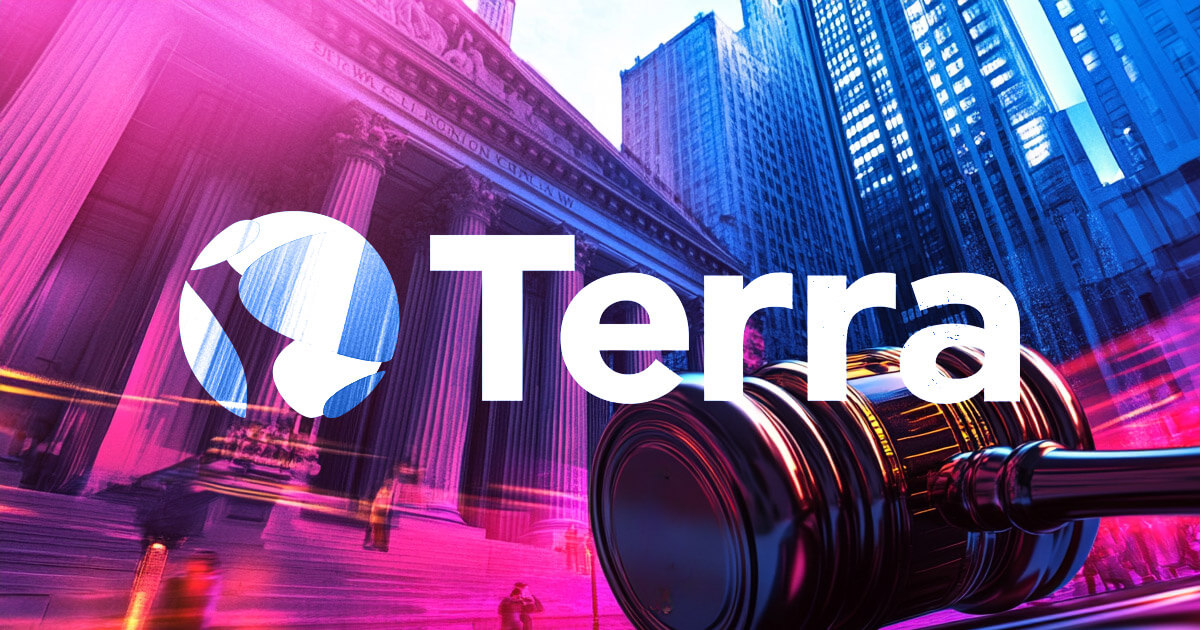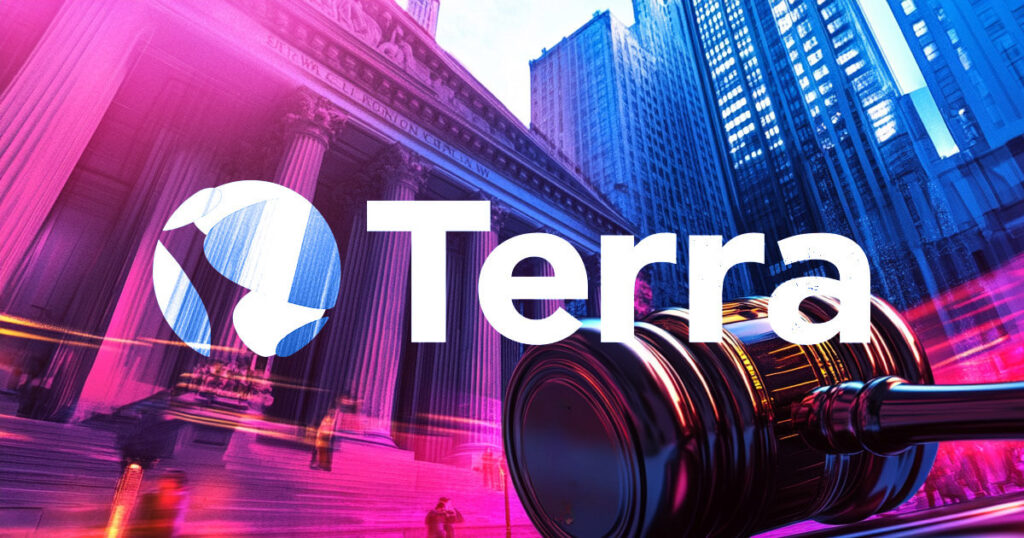
The Securities and Exchange Commission has accused a subsidiary of Jump Crypto, Tai Mo Shan Limited, of misleading investors about Terra USD (UST) after the stablecoin lost its $1 peg.
The regulator alleges that Tai Mo Shan participated in trading designed to give the false impression that UST’s advertised algorithm solely maintained price. When UST lost its peg in May 2021, Terraform Labs engaged Tai Mo Shan to purchase over $20 million worth of UST, implying that a technical mechanism kept the token’s value at $1 when Tai Mo Shan’s intervention helped restore levels.
The SEC argues that Terra’s algorithmic approach did not independently maintain the UST’s parity with the dollar, as Terraform suggested, but was dependent on Tai Mo Shan’s purchases. This transaction included incentives that allowed Tai Mo Shan to acquire LUNA at a discounted rate once UST stabilized.
The commission argues that such incentives undermine Terraform’s public claims by demonstrating that external support played a significant role in restoring the $1 price. The order also holds Tai Mo Shan responsible for distributing LUNA as non- registered securities in the US, where Tai Mo Shan reportedly acted as a legal underwriter by acquiring tokens from Terraform and quickly selling them on the market.
Tai Mo Shan agreed to pay $73,452,756 in disgorgement, $12,916,153 in prejudgment interest, and a civil penalty of $36,726,378 for a total of $123 million. The company neither admits nor denies the findings, but will cease and desist from further violations of registration and fraud provisions.
Terra Luna’s ecosystem is collapsing
Terra Luna’s ecosystem has been under scrutiny since a 2022 collapse exposed flaws in its stablecoin model and damaged market confidence. The original chain, known as Terra Classic (LUNC), continues to exist at significantly lower valuations and usability, while a new Terra (LUNA) fork was launched in an attempt to rebuild the network.
Terraform Labs, co-founded by Do Kwon, has faced multiple legal challenges, including an SEC case that found Terraform and Kwon liable for fraud and unregistered securities offerings. The company filed for Chapter 11 bankruptcy in January 2024, reporting assets and liabilities estimated between $100 million and $500 million. Changes in leadership further complicated the project’s recovery path, with Chris Amani taking over as CEO in July 2023 as part of broader efforts to address the legal and financial turmoil.
Market participants had already seen Terraform’s reputation damaged by the collapse of UST, which contributed to losses estimated at over $40 billion in digital assets. Despite the introduction of a new token and chain, Terra’s efforts to regain trust have been hampered by ongoing controversies. A co-founder of Three Arrows Capital alleged that Digital Currency Group and FTX conspired to attack Terra LUNA, contributing to the project’s complicated track record. Terra Classic is trading at a fraction of its previous value, and the newer Terra (LUNA) token is facing similar downward pressure.
Terraform’s legal complications occurred alongside Do Kwon’s conviction in Montenegro for traveling with forged documents and possible extradition to the United States or South Korea. The environment around Terra has steadily deteriorated since the original collapse of the UST.
Regulators have expanded their investigation into whether other tokens tied to Terraform qualify as securities, highlighting revelations about how assets are offered and promoted. Several Terra-linked tokens have been designated as securities by the SEC, intensifying scrutiny of issuance protocols and secondary market trading.

